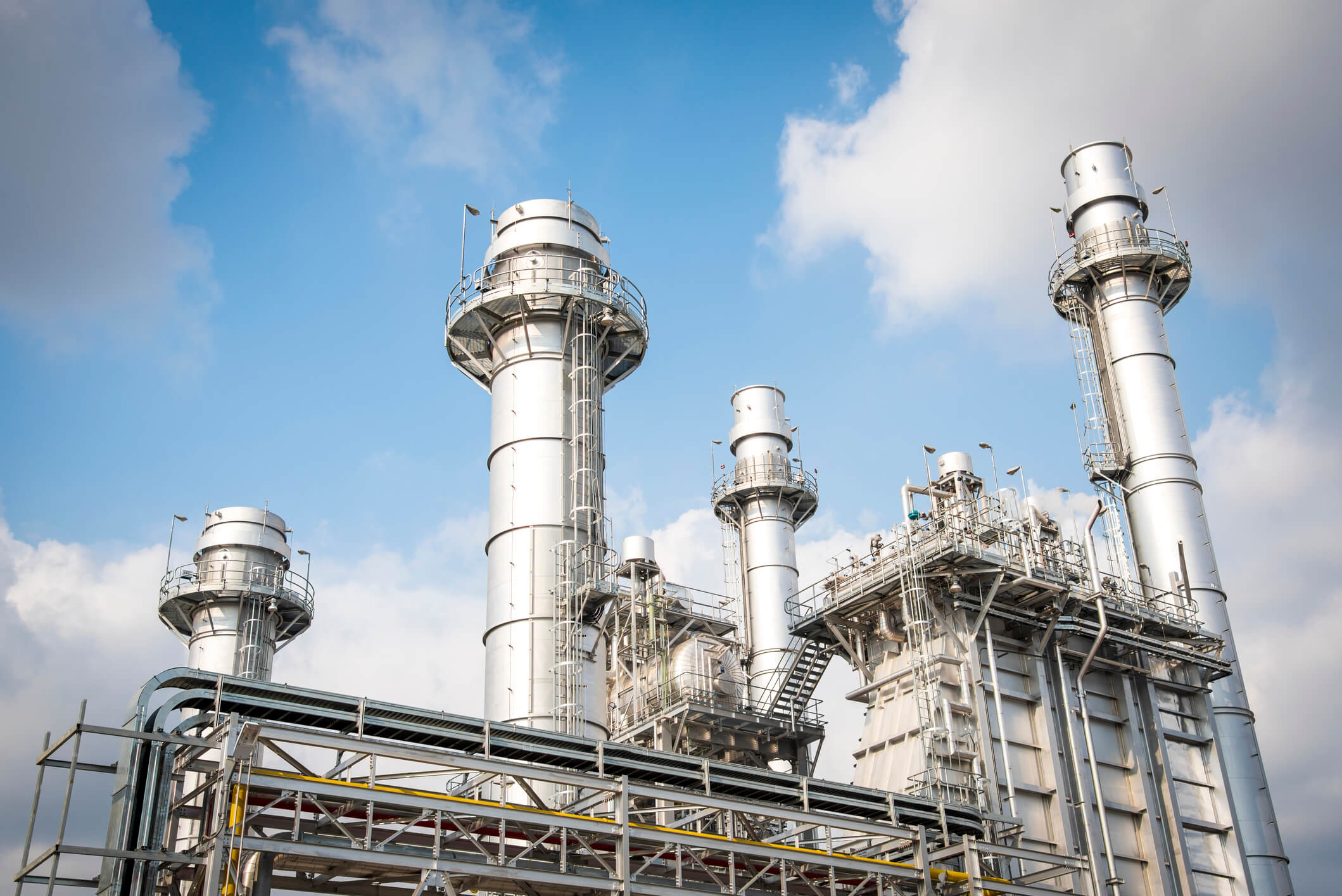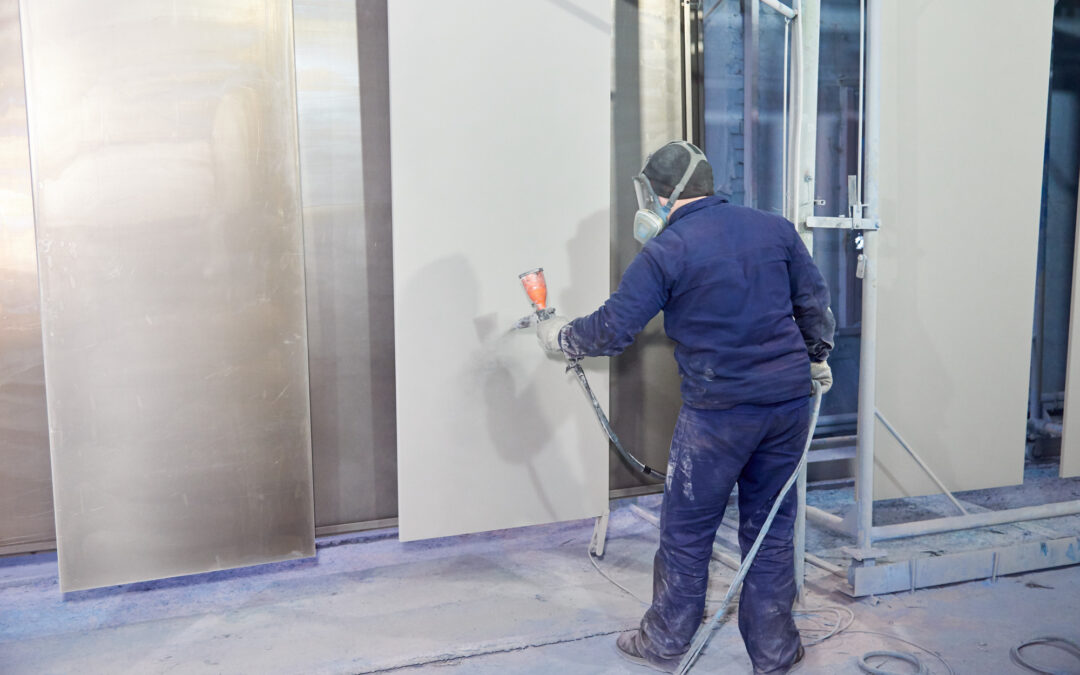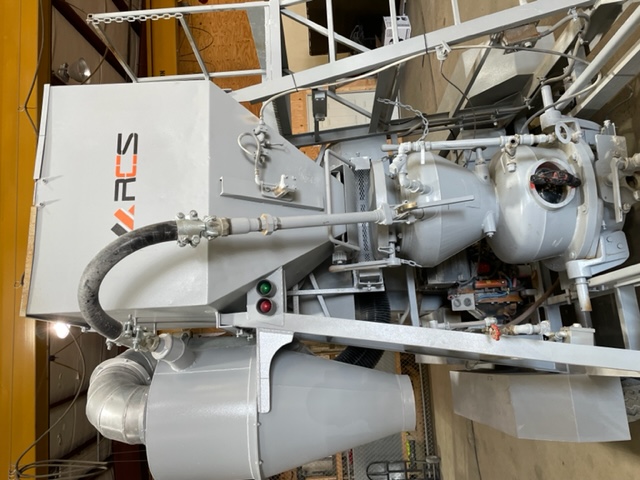Fluid catalytic cracking units (FCCUs) play a crucial role in converting heavy hydrocarbons into more valuable products like gasoline and diesel. However, FCCUs require periodic turnarounds for maintenance and repair to stay in top form. In this blog, we’ll delve into the challenges faced during FCCU turnarounds and how to efficiently get things back up and running.
What is an FCCU Turnaround?
A turnaround is a planned shutdown of the Fluid catalytic cracking units (FCCU) for maintenance, inspection, and repair activities. These outages are necessary to ensure the safety and efficiency of the unit, but they can be costly and time-consuming if not managed effectively.
Common Challenges Faced During FCCU Turnarounds
Even with the best of plans, there are things that can hinder an FCCU turnaround. Here are the three most common ones to account for.
Refractory Lining Damage
One of the most common issues encountered during an FCCU turnaround is the damage to refractory linings. These linings are crucial for maintaining high temperatures and protecting the equipment from extreme conditions, but they degrade due to thermal stress, abrasion, and chemical exposure. If the linings are damaged, they can add significant time and cost to the project.
Downtime Costs
Every day an FCCU is offline for maintenance translates to significant financial losses. A solid plan, inventory supply, and safety measures need to be in place to minimize costly downtimes. For example, we saved one client over three weeks of downtime by changing out traditional platforms with our rope access and netting system.
Safety Concerns
Damage to equipment and worker injuries before and during the turnaround can cause significant delays, OSHA-related penalties, and costs. A robust safety strategy is vital in your plans for an FCCU turnaround.
How to Efficiently Manage FCCU Turnarounds
Planning and preparation are keys to a fast and effective turnaround. Here are a few vital tasks that will help ensure a smooth process.
- Conduct a Thorough Inspection. Before starting a turnaround project, conduct a comprehensive inspection of the refractory linings and other vital parts of the Fluid catalytic cracking units (FCCU). Identify the extent of any damage and prioritize areas that require immediate attention.
- Hire a Skilled Workforce. Employ skilled and experienced personnel who are well-versed in efficient turnarounds with FCCUs. Also, make sure they have the needed experience and certifications to handle unforeseen circumstances. This ensures that repairs are carried out efficiently and effectively.
- Research Innovative Engineering and Technology to Reduce Total Downtime. Research the best ways to detect damage, manage repairs, and set up the worksite.
- Detailed Planning. Plan the outage meticulously, scheduling repair activities in a logical sequence to minimize downtime. Having a well-thought-out plan can significantly reduce the duration of the turnaround.
- Emergency Response. Prepare for contingencies by having an emergency response plan in place. Have spare parts, materials, and safety procedures set in case unexpected issues arise. Make sure your workforce always has contact with a key decision-maker, including during off hours, different shifts, and weekends.
A well-executed turnaround restores FCCUs to full functionality quickly and contributes to the long-term success of a petrochemical refinery.
Let RCS Help You Plan Your Next FCCU Turnaround
RCS has successfully executed numerous projects, compiling over 3 million man-hours without a single OSHA recordable incident. We can help you execute a smooth and efficient turnaround with innovative solutions like our time and cost-saving rope access platforms. Contact us today to discuss solutions.





